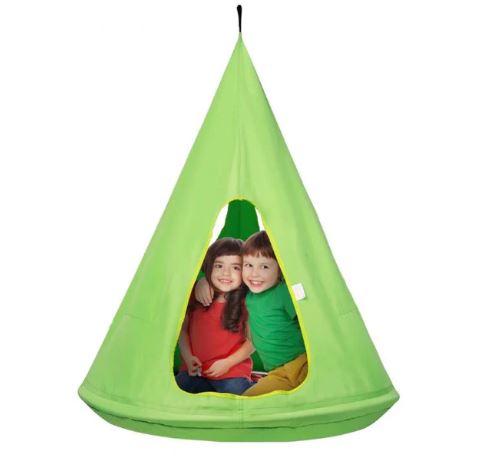Top 5 Reasons - For the Importance of Sensory Profiling
Nov 26 , 2024
0 Comments
We have so many lovely customers visit DEO, and I know that I always learn as much about disabilities as 'hopefully' they do, each time we chat.
Earlier this month I was chatting with a customer from Western Australia, and she was telling me about the impacts of some of the recent NDIS changes. She mentioned her disappointment of a restriction now placed on an enclosed swing that her son loves and truly makes a difference to him when his autism gets a little too much. "I am really disappointed that I can't use some of our funding on this product as I know it does makes a difference to calm my son," she stated.
Then our conversation moved to the importance of individual case profiling and how it is difficult to make generic decisions on what products are acceptable and those that aren't, given that every person is so unique, "what works for some, may not work for others!"
We then discussed just how essential it is to ensure that each child has their own individual profiling performed by their OT or other professional to create a personalised plan. "Then we can state a case to access a product that may no longer be on the list!"
It seems that at every turn another obstacle is placed in front of our families and carers. One can only hope that the right support, will be given in the right ways, to the right people when all of these changes are embedded.
Here are 5 top reasons why Personalised Sensory Profiling is important for our children with autism or ADHD:
1. Improves Self-Regulation and Emotional Control



